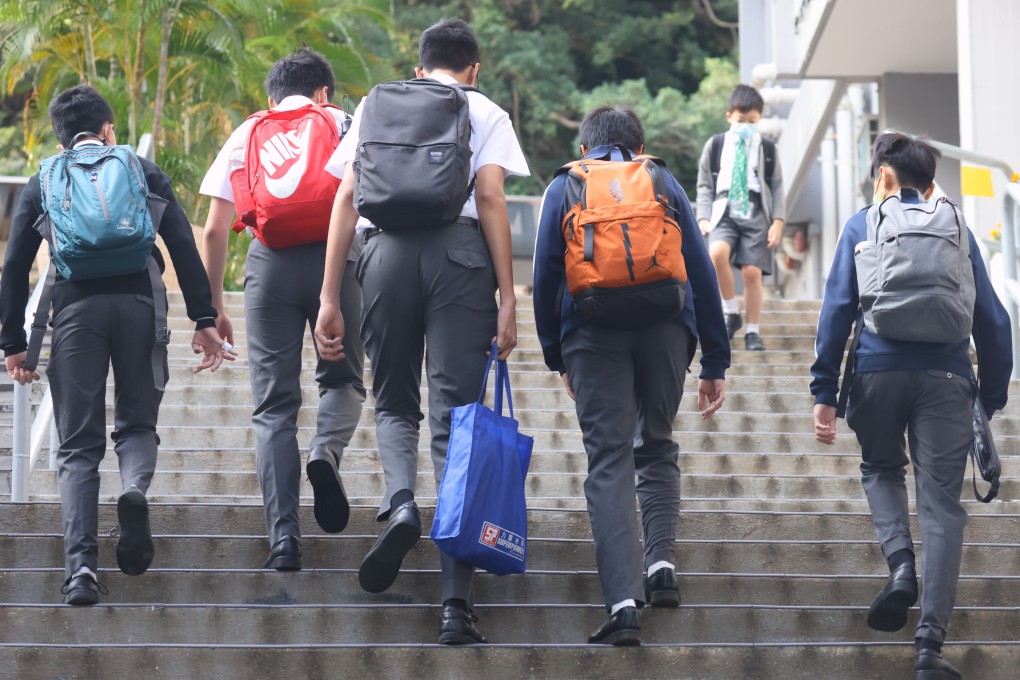Advertisement
Opinion | As pool of DSE takers shrink, self-financing tertiary institutions must also attract students from elsewhere
- To start, the government can help by removing curbs to let more such institutions enrol more mainland students
- It can also help finance new programmes to teach skills sought-after throughout the Greater Bay Area
Reading Time:3 minutes
Why you can trust SCMP

The 43,000 school candidates who sat for Hong Kong’s Diploma of Secondary Education examinations this year must be spoiled for choice when there are 62,000 places on offer in undergraduate and sub-degree programmes at local tertiary institutions. This is good news for those hoping to pursue further studies.
But this surplus of tertiary education opportunities spells trouble for self-financing institutions, which have already been facing difficulties in recruiting students, especially those institutions that mainly offer sub-degree programmes. In the last academic year, many missed their planned student intake target by 20 per cent.
The situation is expected to worsen due to two main factors.
Advertisement
Firstly, we estimate that the number of local secondary school graduates will remain low in the next three academic years (from 2022/23 to 2024/25), at around 42,000-45,000 per year. Demographic change is a significant reason behind this trend with the local birth rate steadily decreasing over the decades, stagnating in the early 2000s.
Secondly, the proportion of secondary school graduates enrolling in tertiary institutions overseas or on the mainland has risen from around 10 per cent in 2019 to 14 per cent last year. More students are opting for tertiary programmes outside Hong Kong, which means an easing of competition for local bachelor’s degree programmes, so that fewer are resorting to sub-degree ones.
To foster the sustainable development of self-financing tertiary education in Hong Kong, the government should look beyond the local population to attract more students from elsewhere, especially the mainland.
Advertisement
Select Voice
Select Speed
1.00x
